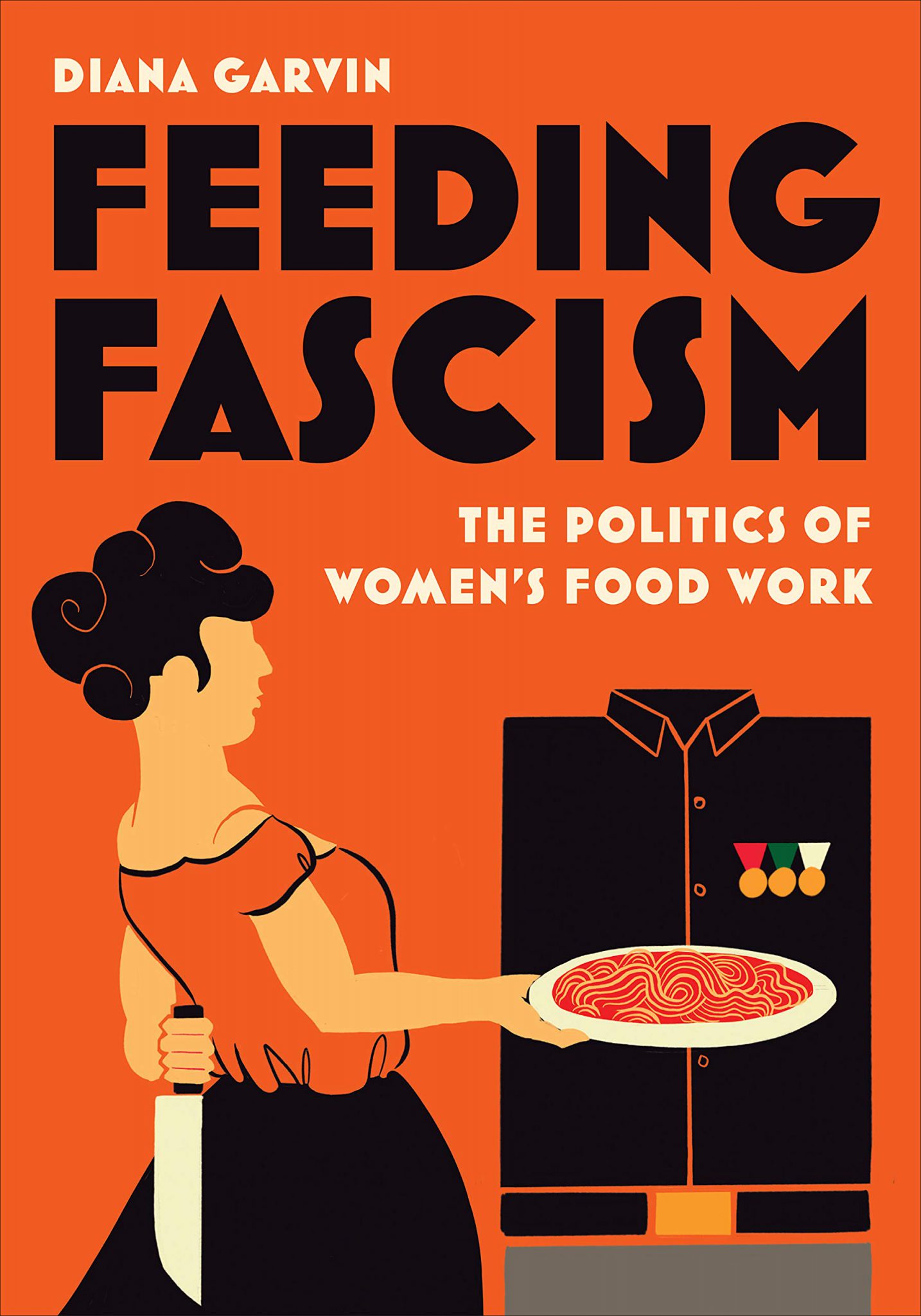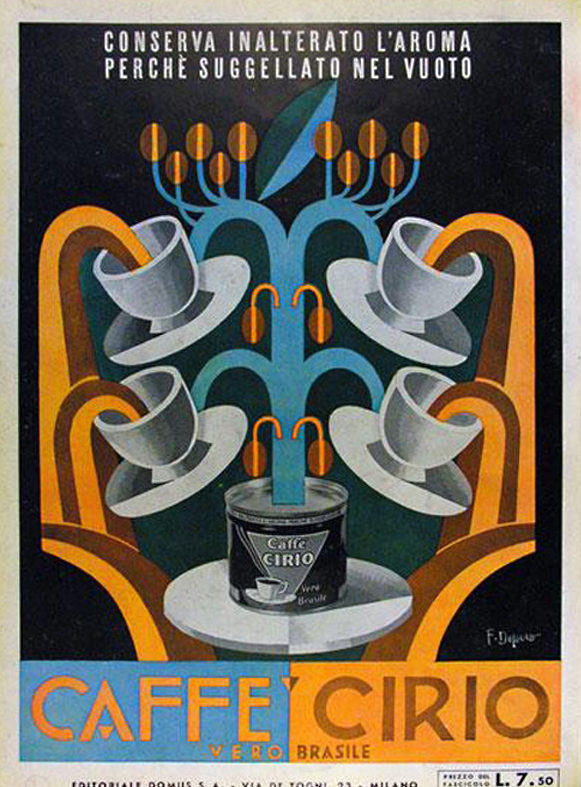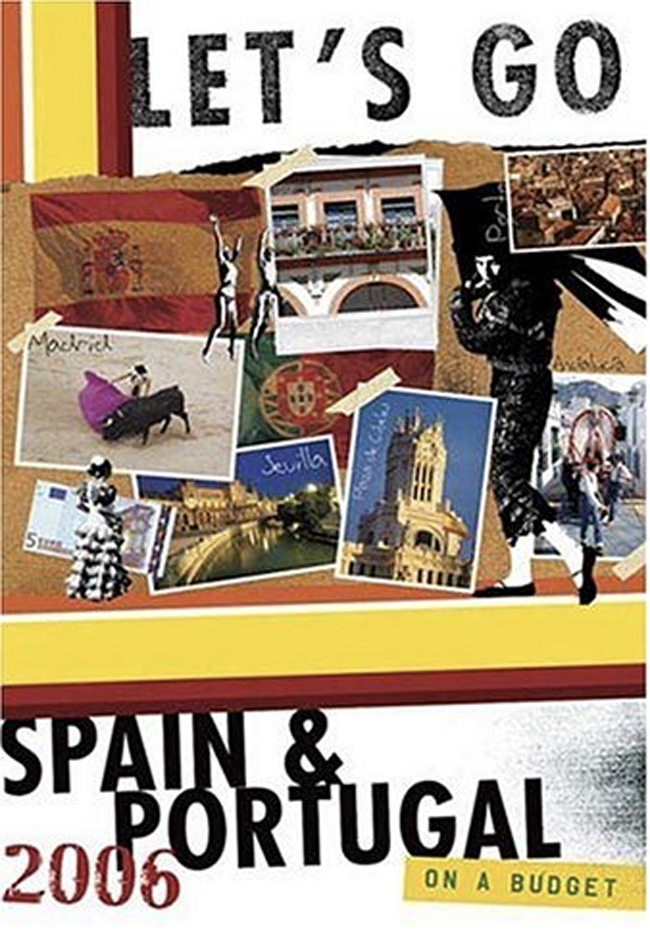
How did women negotiate the politics of Italy’s Fascist regime in their daily lives?
Feeding Fascism tackles this question with a new body of evidence drawn from food and foodways.
Feeding Fascism
American Historical Association 2023 Helen and Howard R. Marraro Prize, Best Book in Italian History
Harvard De Bosis Colloquium 2023 pick
Gourmand Award 2023 Best Women in the World Book, Italy
Portland Book Festival 2022 pick
Modern Language Association 2021 Jeanne and Aldo Scaglione Publication Award, Honorable Mention for Manuscript in Italian Literary Studies
Favorably reviewed by Modern Italy, Modern Language Review, Modern Language Notes, Contemporary European History, Social History, Los Angeles Review of Books, EuropeNow, The Parliament Magazine, NatureFood, Gastronomica,University of Toronto Quarterly
Feeding Fascism explores how women fed their families through agricultural and industrial labor. Work songs sing of the political stakes of miscarriage in fields and breastfeeding on the factory line. Diaries provide first-hand accounts attesting to the treacherous politics of domestic work in the private kitchens of the wealthy. Personal letters reveal what it took for women to forge careers as cookbook authors and culinary entrepreneurs under a regime that dictated that a woman’s place was in the home. What is more, Feeding Fascism uncovers the surprising methods used by the Fascist party to seize control over food work, to further their goal of building more and better Italians for future military domination. At stake in this story lies the question of how the need for nourishment shaped women’s consent to Fascism – and their resistance.
Over the past decade, Garvin has conducted extensive research in over 30 Italian museums, libraries, and archives. Feeding Fascism provides over 80 rich illustrations of cookbooks, kitchen utensils, cafeteria plans, and culinary propaganda to connect women’s political beliefs with the places that they lived and worked, and the objects that they owned and borrowed. These examples illustrate how women and the Fascist state vied for control over national diet across many manifestations - cooking, feeding, and eating - to assert and negotiate their authority. In taking this distinctive approach to the archive, Feeding Fascism attests to the power of food.
Other Books
In Progress

The Bean in the Machine
Winner of the 2020-2022 Fulbright Global Scholar Award, 2020 Getty Library Research Grant
